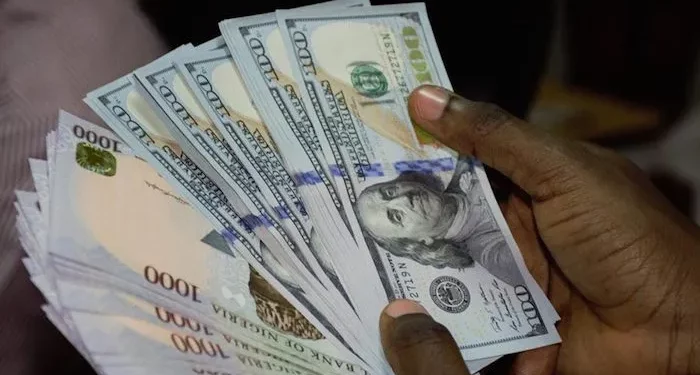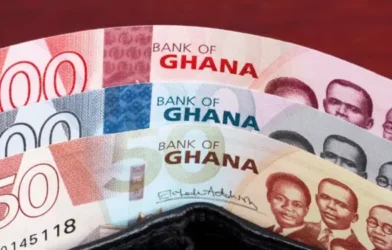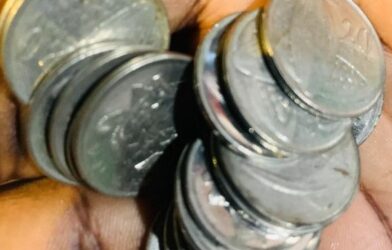The local currency has surged to its strongest performance against its major trading currencies.
This is an impressive turnaround from the sharp depreciation trends seen in recent years and marks an all-time high in percentage terms
It has appreciated by 24.1% against the US dollar, 16.2% against the British Pound and 14.1% against the Euro according to the latest data by the Bank of Ghana.
Per the May 2025 Summary of Economic and Financial Data, the cedi is currently trading at around GH₵11.85 to the dollar – GH₵15.84 to the British Pound and GH₵ 13.34 to the Euro.
Government and the Central Bank attribute the rally to a mix of fiscal tightening, improved gold reserves and sound economic policies.
Consumers and import-dependent businesses particularly in the fuel, food and automobile sectors anticipate further strengthening of the cedi but economists caution that the cedi’s gains must be viewed with measured optimism.
They point to factors such as continued fiscal discipline and inflation control to tame any volatility and support private sector recovery.
On the back of this, industry stakeholders are also renewing calls for a review of the current import duty regime. They argue that such a move, combined with a strong currency could help create a more favourable pricing environment for buyers.
“The appreciation reflects a combination of factors, including prudent monetary policy, improved market sentiment and external sector gains, Governor of the Bank of Ghana, Dr. Johnson Asiama has said.
Public debt outlook
Ghana’s total public debt stock has inched up marginally to $49.5 billion as of March 2025, according to the latest data from the Bank of Ghana.
This is a slight uptick from $49.4 billion recorded in February 2025. The marginal increase comes despite the local currency’s strong appreciation against the US dollar.
In cedi terms, the debt stood at GH₵769.4 billion and represents 55% of Gross Domestic Product (GDP).
The external component of the debt stock also rose from GH¢768.1 billion to GH¢769.4 billion.
Notably, there was a decrease in the domestic component of the debt stock, falling from GH¢328 billion to GH¢326.9 billion.












